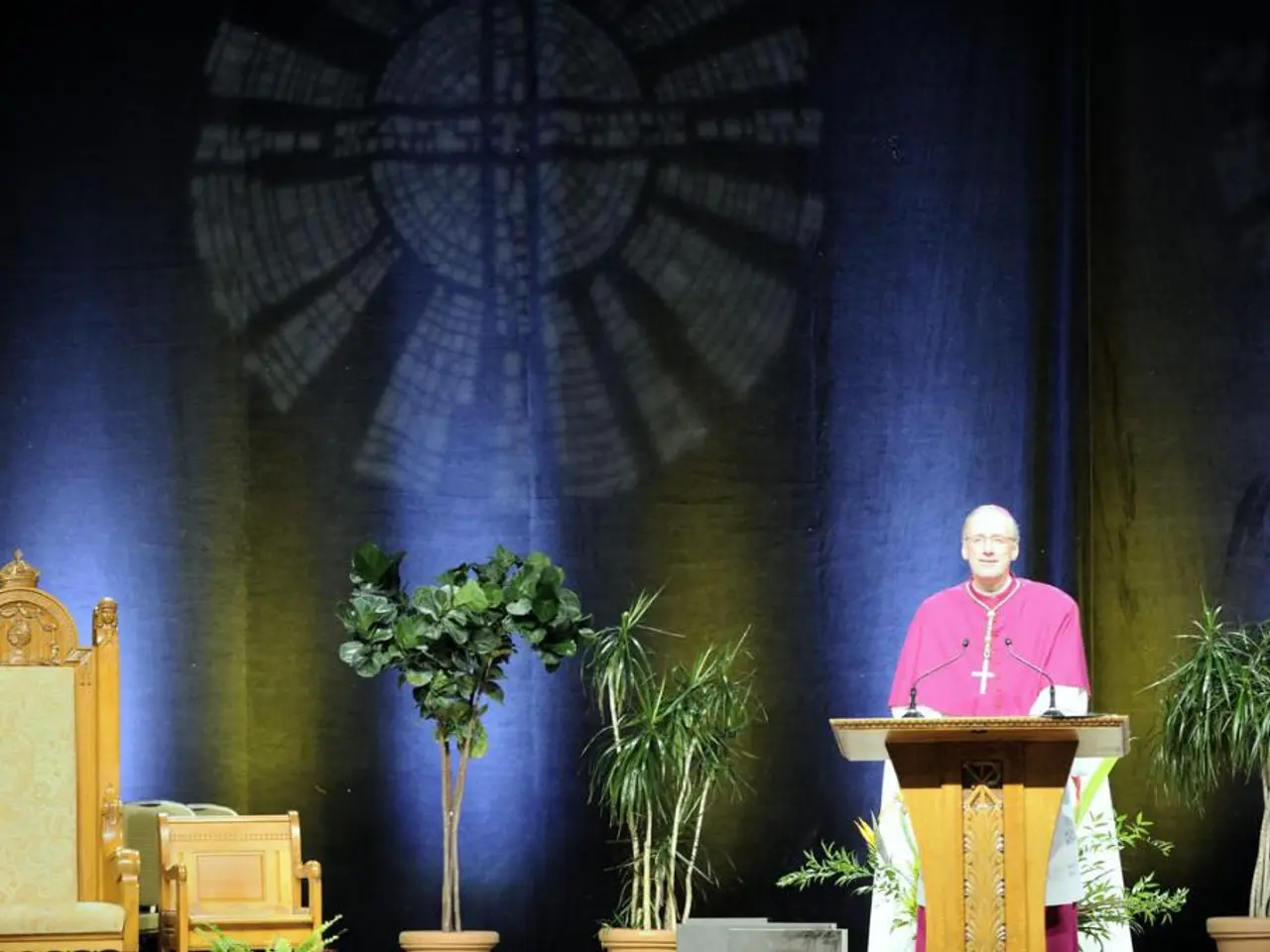A Reflective and Pondering Nation: An Examination
In the annals of American history, the evolution of leadership and intellectual discourse has been a subject of ongoing debate. Four prominent thinkers – Alexis de Tocqueville, H.L. Mencken, Neil Postman, and Thomas Sowell – have each offered their unique perspectives, shedding light on the trajectory of democratic leadership in the United States.
Alexis de Tocqueville, visiting America in the 1830s, was struck by the sincerity and egalitarian nature of American manners, contrasting them with the aristocratic societies of Europe. He observed that democratic Americans exhibited a more genuine social interaction, despite less refinement, compared to their aristocratic counterparts. However, Tocqueville also foresaw challenges in American democracy, notably the growth of executive power and judicial resolution of political disputes, emphasizing the importance of maintaining a balance between the branches of government to preserve constitutional order.
H.L. Mencken, though not directly mentioned in this context, historically criticized American culture and leadership for intellectual mediocrity and anti-intellectualism. He satirized American life as provincial and deeply suspicious of intellectual elites, seeing discourse often degraded into populist simplifications rather than rigorous debate.
Neil Postman, active in the late 20th century, provided a critical view of modern American intellectual discourse, especially media and education. He argued that the shift from print-based culture to television and entertainment media led to a decline in serious public discourse and rational leadership, resulting in a society less capable of thoughtful civic engagement. Postman believed this media shift transformed leadership communication into spectacle, weakening intellectual standards in public life.
Thomas Sowell, an economist and social theorist, focuses on how ideas and intellectual discourse influence economic and political leadership. He critiques the rise of ideological conformity and groupthink in academic and policy circles, emphasizing empirical evidence and free-market principles. Sowell’s work highlights the decline of intellectual diversity and critical thinking in leadership discourse, warning against the consequences of intellectual complacency and politicization.
Sowell asserts that the American intelligentsia is not thoughtful or serious, because they never took notice of historians like Thucydides. He published a book in 2009 titled Intellectuals and Society, in which he criticizes the American intelligentsia for offering many conclusions without real arguments. Sowell characterizes the vision of intellectuals as a "preanalytic cognitive act" and describes it as a "new religion" (of socialism) that is "Gnostic speculation."
This arc reflects a progression from Tocqueville’s admiration mixed with caution about democratic institutions and executive power, through Mencken’s cultural skepticism, Postman’s media critique, to Sowell’s analysis of intellectual trends affecting policy and leadership. Together, they provide a composite understanding of the challenges and transformations in American leadership and intellectual life.
| Thinker | Period | Key Observations on Leadership & Discourse | |------------------|------------------|------------------------------------------------------------------------| | Alexis de Tocqueville | 1830s | Sincere democratic manners; judicial resolution of political power; early checks on executive expansion[1][2][3] | | H.L. Mencken | Early 1900s | Critique of American anti-intellectualism and cultural mediocrity (historical context) | | Neil Postman | Late 1900s | Media shift to entertainment diminishes serious public discourse; spectacle undermines leadership quality | | Thomas Sowell | Late 1900s–present | Intellectual conformity limits critical thought; emphasis on free markets and empirical analysis in leadership |
This comprehensive overview offers valuable insights into the transformation of American leadership and intellectual discourse, providing a foundation for continued dialogue and reflection on the role of leadership and ideas in shaping the nation's future.
- Alexis de Tocqueville, in the 1830s, recognized the sincere and egalitarian nature of American manners, but also foresaw challenges in American democracy, including the growth of executive power and judicial resolution of political disputes.
- H.L. Mencken, historically, had criticized American culture and leadership for intellectual mediocrity and anti-intellectualism, seeing discourse often degraded into populist simplifications rather than rigorous debate.
- Neil Postman, active in the late 20th century, argued that the shift from print-based culture to television and entertainment media led to a decline in serious public discourse and rational leadership, resulting in a society less capable of thoughtful civic engagement.
- Thomas Sowell, an economist and social theorist, asserts that the American intelligentsia, particularly in academia and policy circles, exhibits a rise of ideological conformity and groupthink, which he warns against due to its potential consequences on intellectual diversity and critical thinking in leadership.




